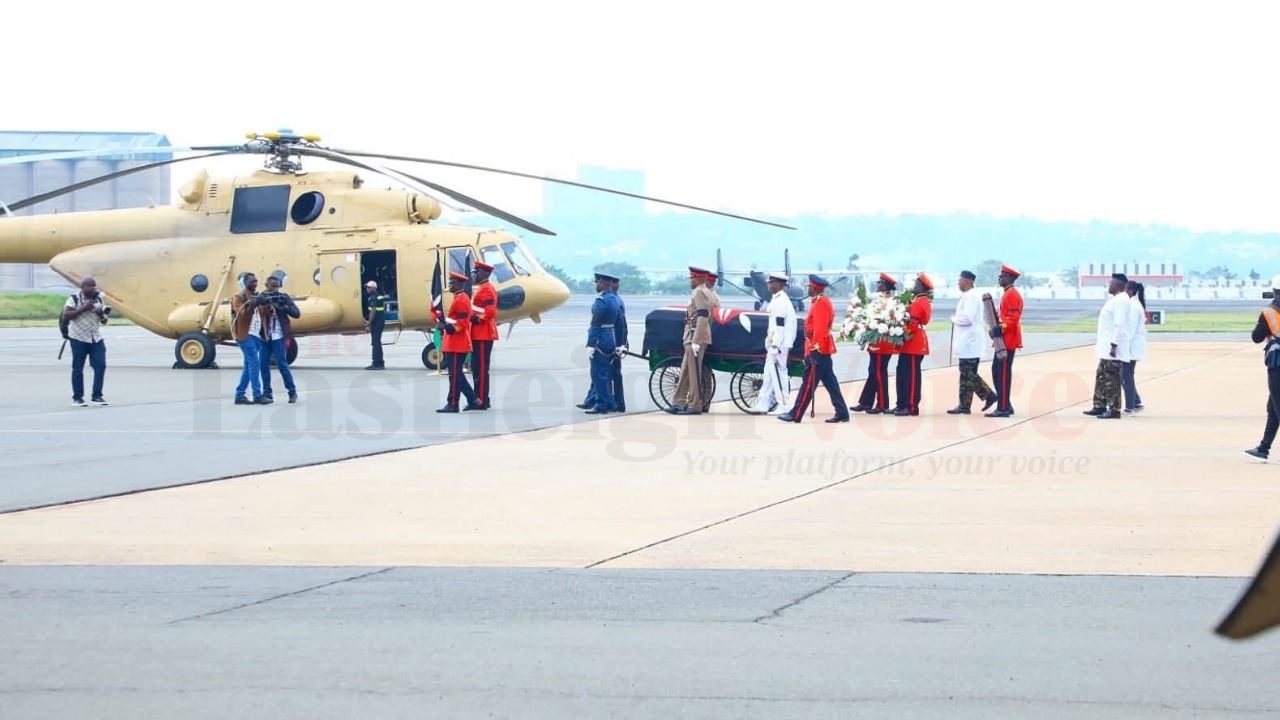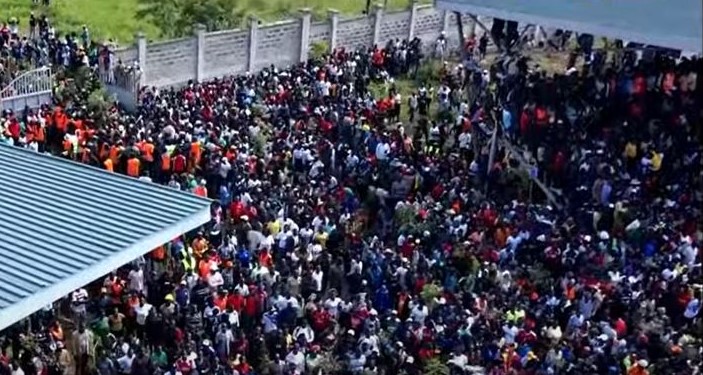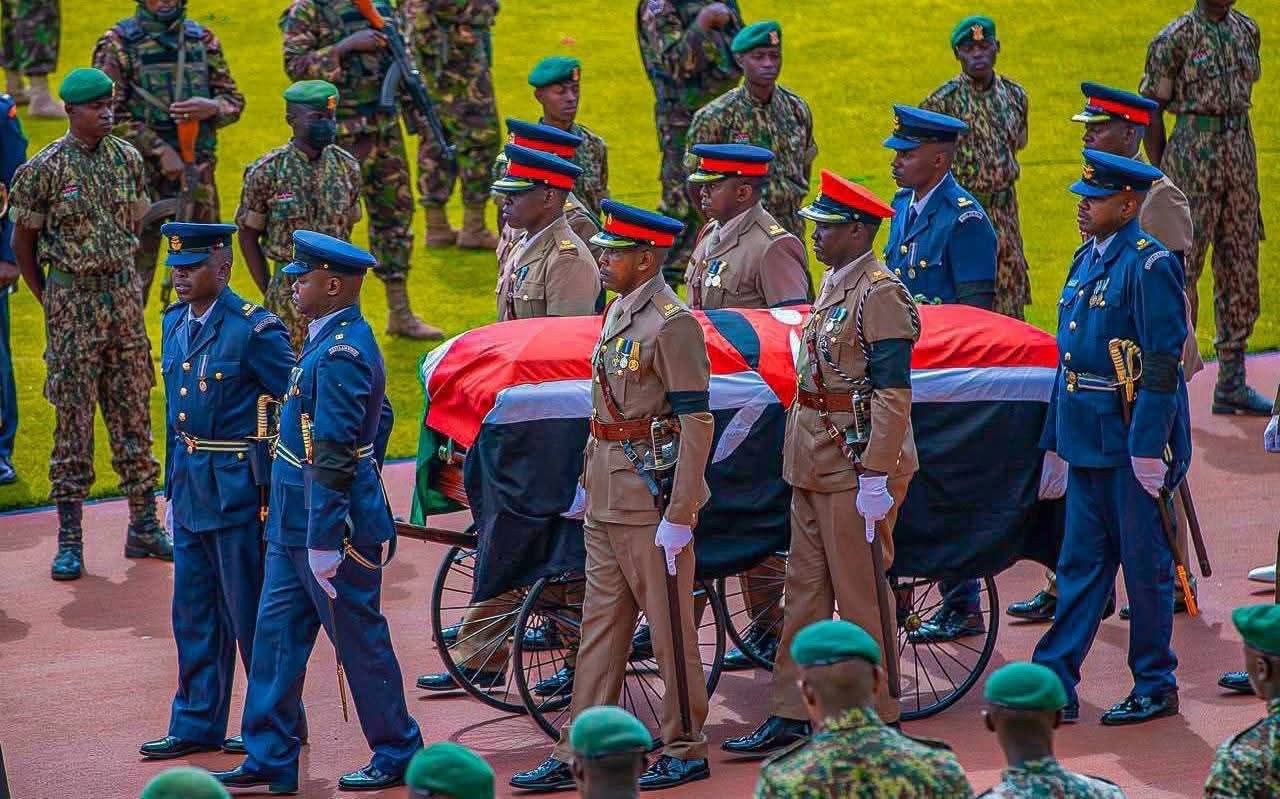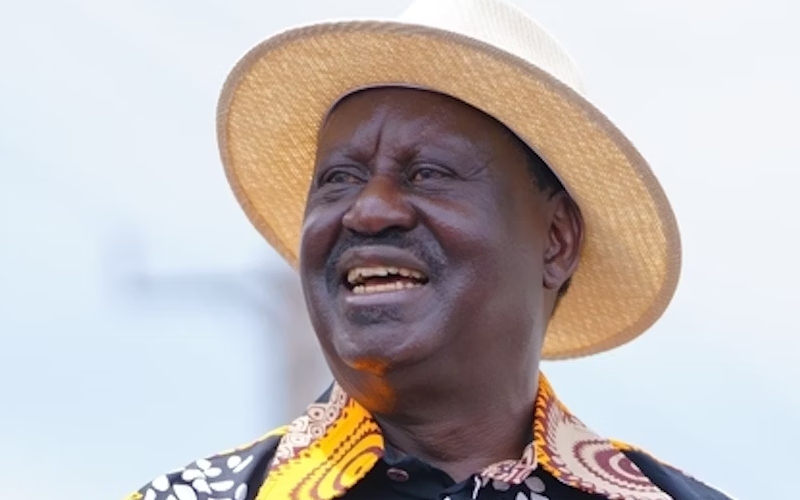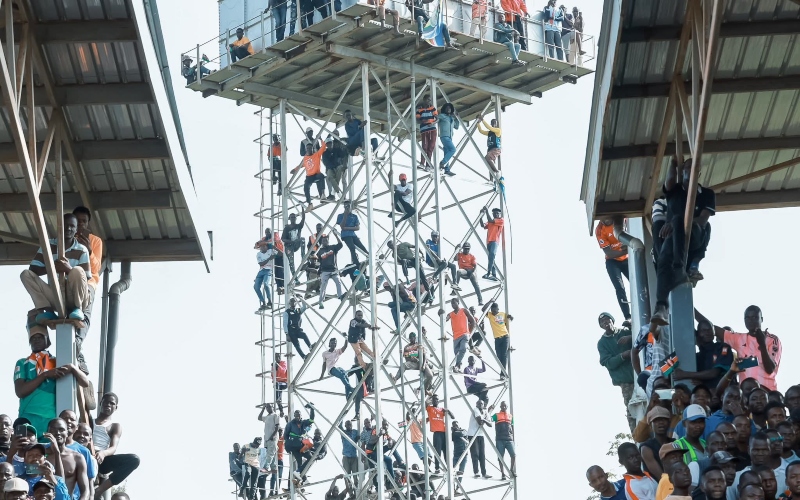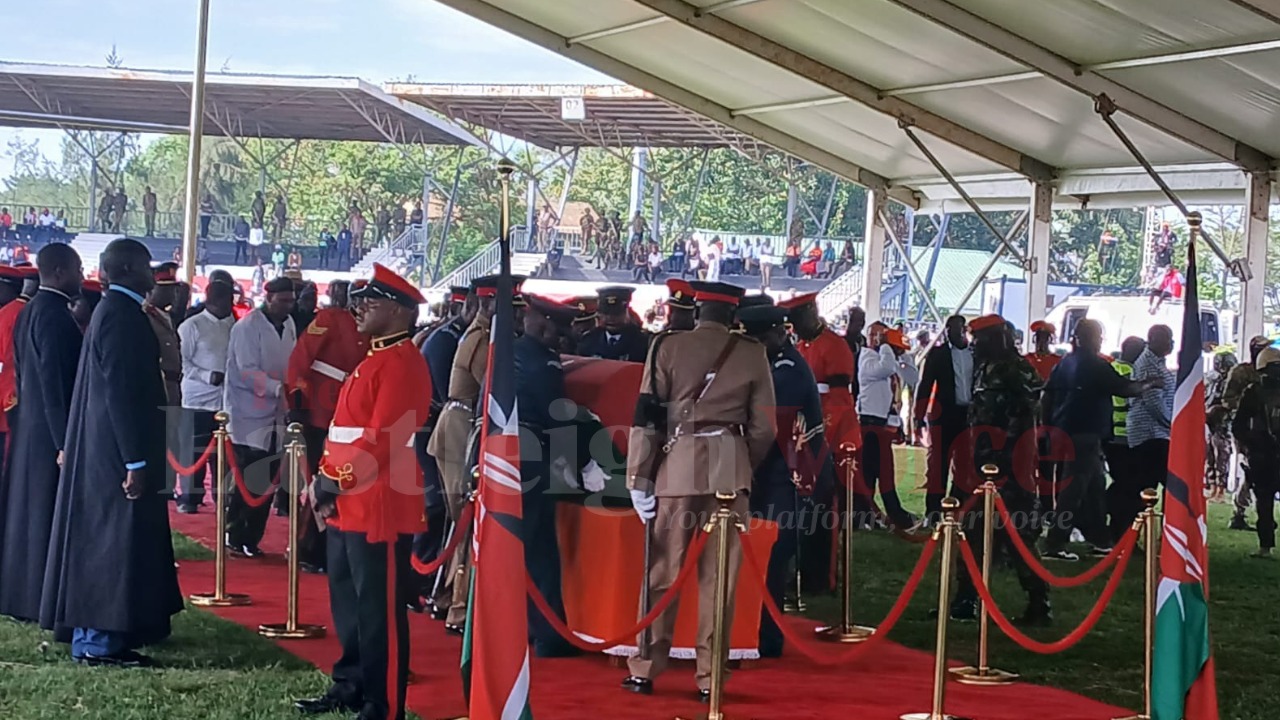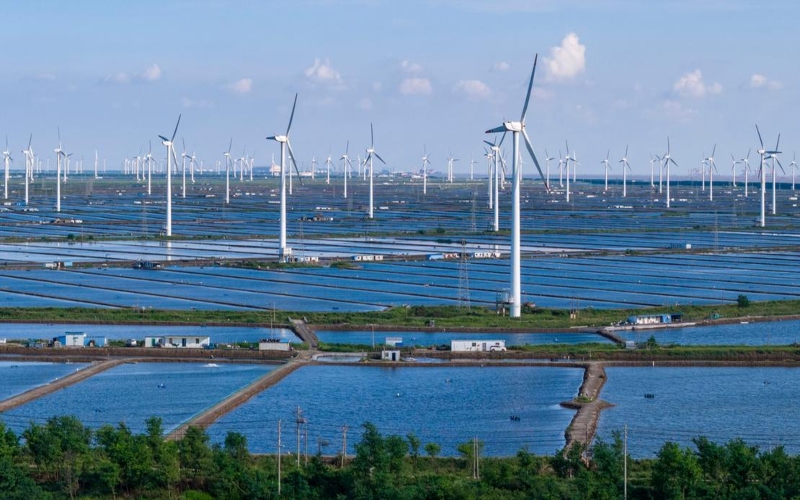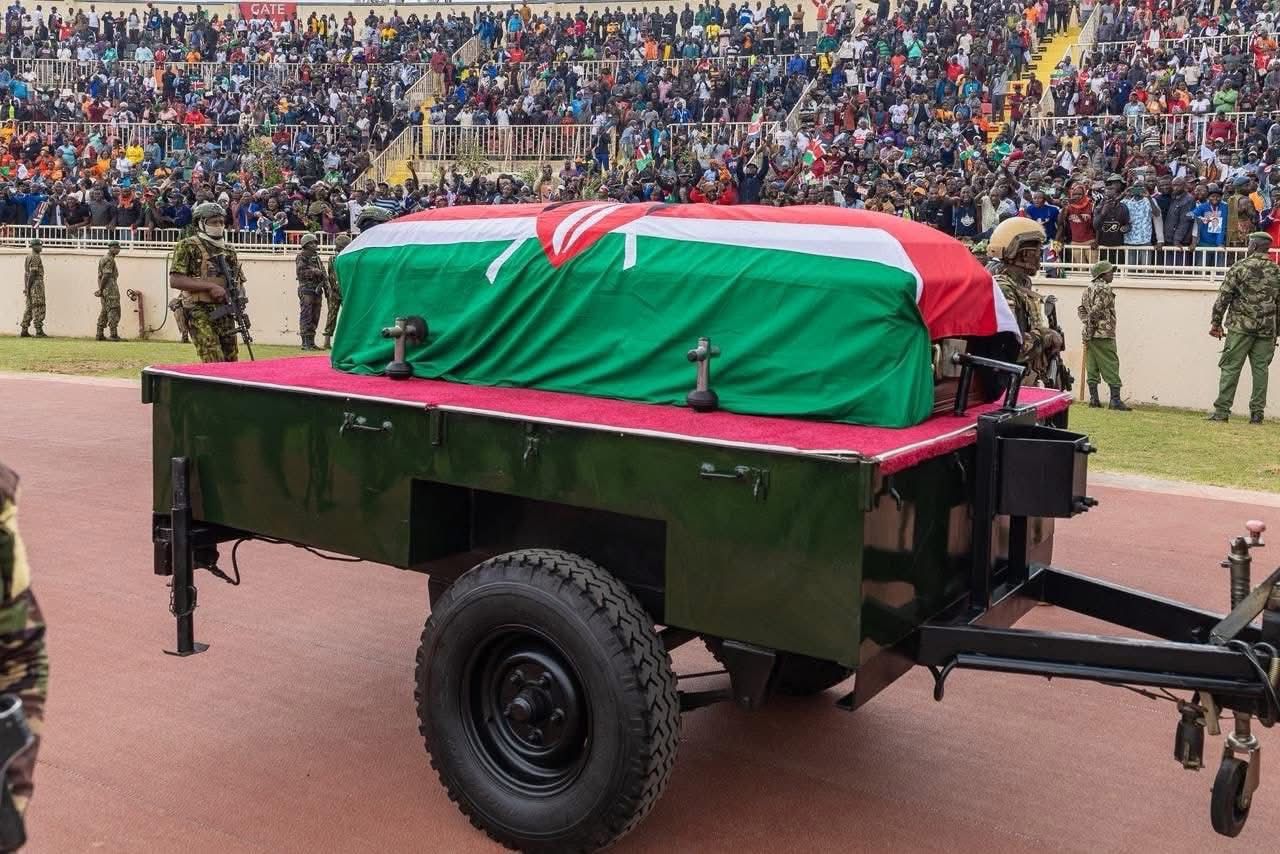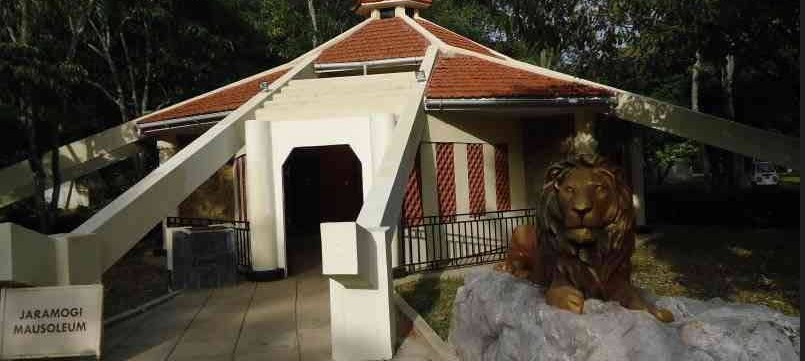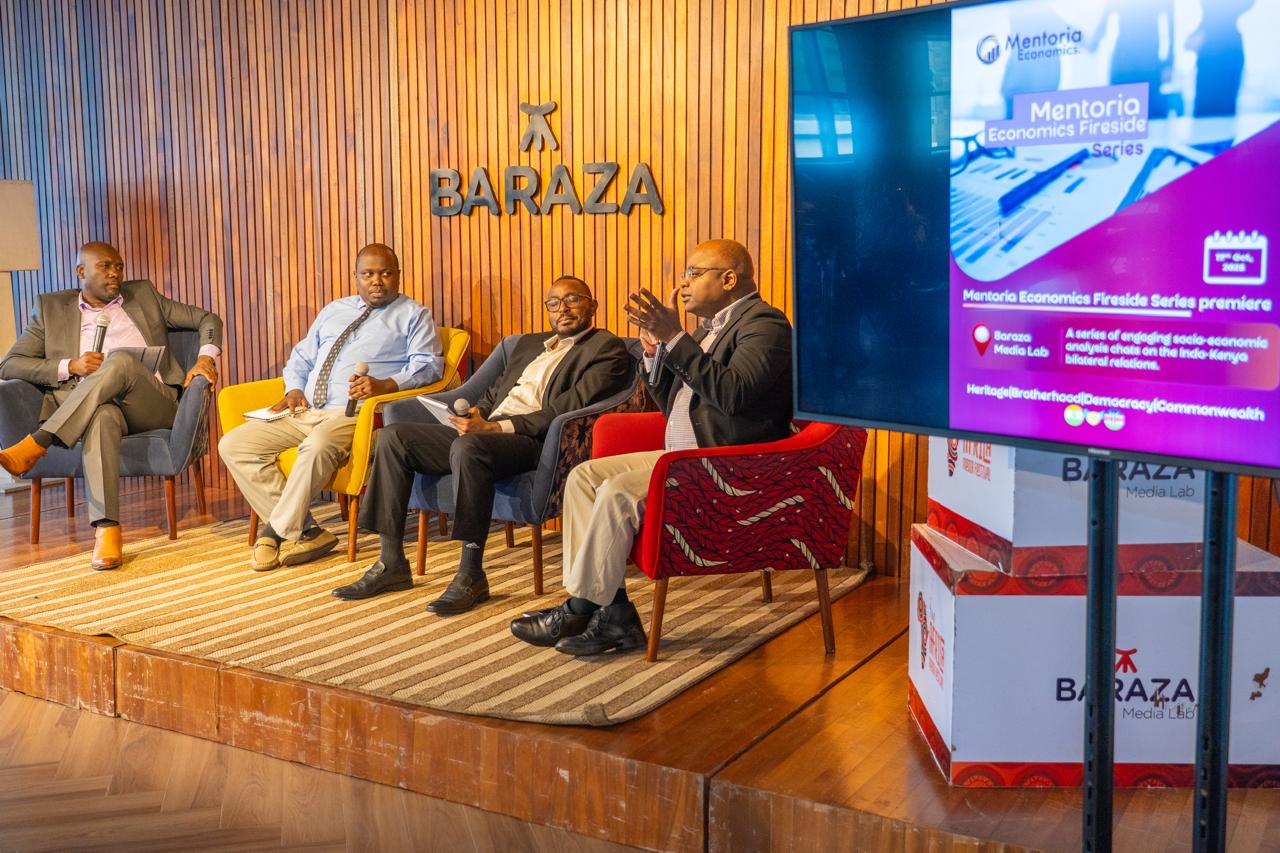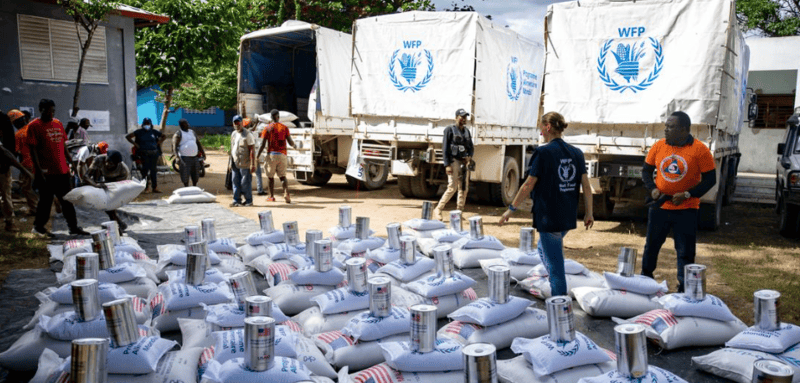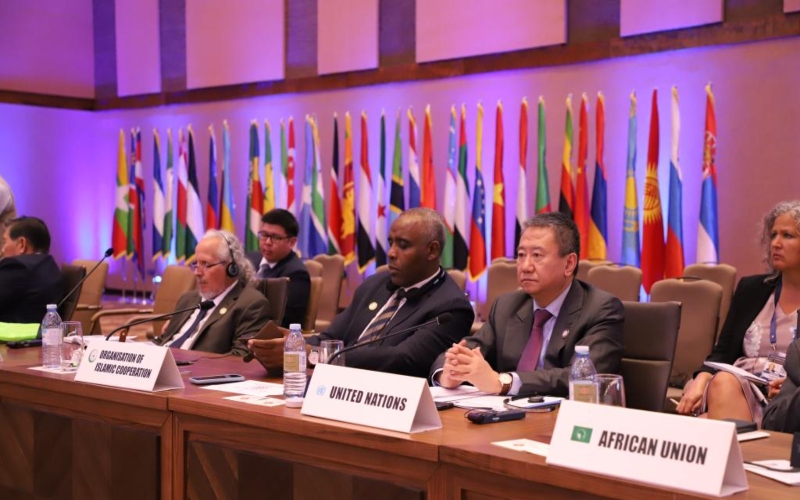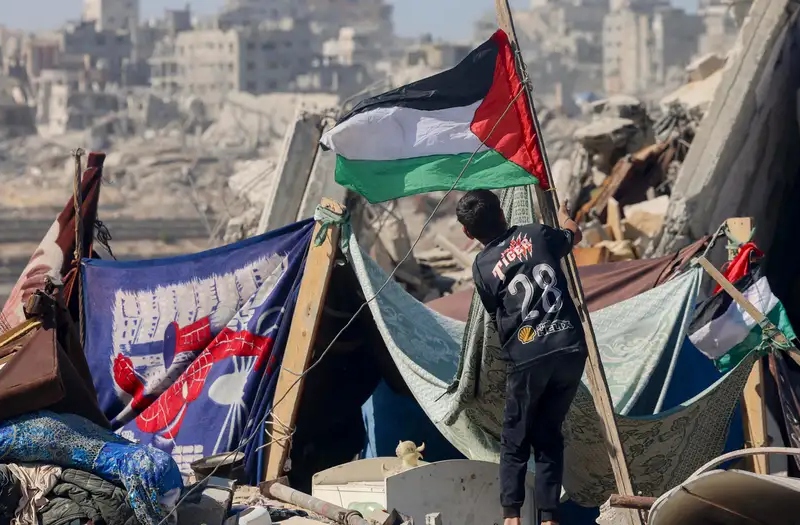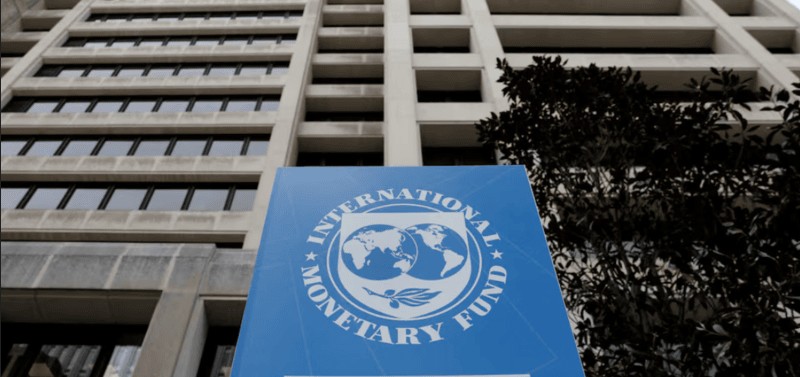Nairobi-Washington ties: What's at stake in President Ruto's state visit to US
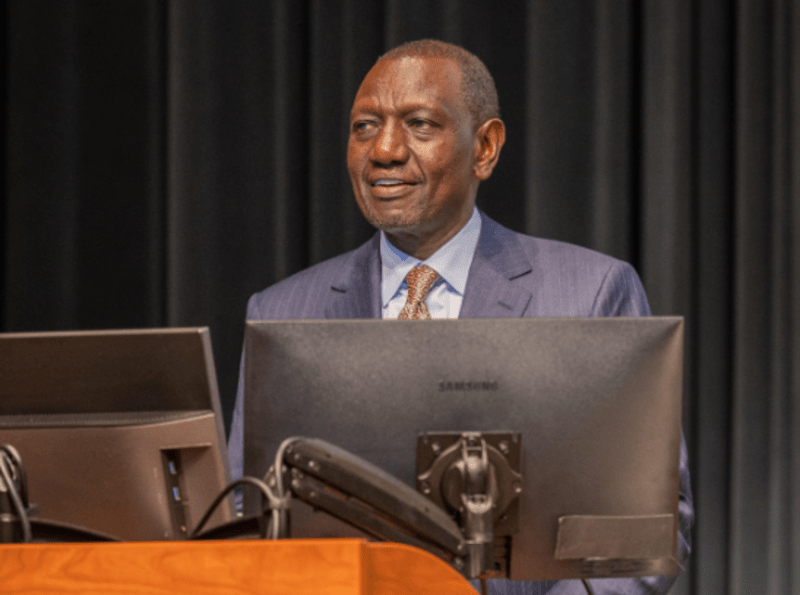
Kenyan President William Ruto made a historic state visit to the United States on Monday, marking the first such visit by an African leader since Joe Biden assumed office and following a visit by former Ghanaian president John Kufuor in 2008, a gap spanning sixteen years.
The White House is going all out to welcome Ruto, marking his visit as a state visit, which is the highest level of diplomatic protocol extended to visiting leaders by Washington.
More To Read
- 5.7 million people face food insecurity in Haiti
- ‘Unprecedented’ number of children on the run in Haiti
- Russia rebukes Nairobi over 'unanimous' Haiti vote claim
- Organisation of American States urges Washington to revive Haiti aid
- Kenyan cop Kennedy Mutuku Nzuve killed in Haiti laid to rest in emotional ceremony
- Explainer: Details of Haiti’s new UN-backed Gang Suppression Force
Ruto will receive a ceremonial welcome at the White House on Thursday, followed by direct talks with President Joe Biden.
Then there will be the state dinner, an opportunity for the American leader to honour a visiting head of state.
The state dinner showcases global power and influence, according to the White House Historical Association, and sets the tone for the continuation of dialogue between the president and the visiting leader.
In 2013, Washington's top envoy to Africa, Johnny Carson, cautioned Kenyan voters about the potential consequences of electing Ruto as Deputy President alongside his then-boss Uhuru Kenyatta, particularly in light of their International Criminal Court (ICC) case then. But Biden who was the Vice President at the time, now sees Ruto as a crucial partner.
This is a significant diplomatic event for Kenya, which would benefit immensely should he capitalise on it.
Beneath the meticulously planned ceremonies awaiting Ruto at the White House, lie discussions that could invigorate Kenya-US relations and shape geopolitical trends in East Africa and the Western Hemisphere.
But why Western Hemisphere?
Ruto's arrival in Atlanta on Monday marked the beginning of pivotal discussions with President Biden's administration concerning the forthcoming deployment of a multinational security mission to Haiti.
Simultaneously, a Kenyan delegation, accompanied by the force commander of Kenya's enforcement mission, landed in Haiti via a Sunrise Airways flight on the same day.
Their purpose is to conduct an assessment of the base and airport construction in the Caribbean nation.
The Haiti deployment looms large as a geopolitical imperative for the Ruto administration, with far-reaching implications for Nairobi and Washington.
Haiti is the second-oldest republic in the region, after the United States.
As President Ruto engages with his host, Biden, at the White House, sources indicate the focus of their discussions, amid the customary fanfare and diplomatic formalities, will centre squarely on Haiti.
Positioned as a crucial element of American foreign policy in the Western Hemisphere, the Haiti enforcement mission holds significant strategic importance for Washington.
The arrival of tens of thousands of Haitian migrants at the US-Mexico border in 2021 generated domestic criticism from all sides that the Biden administration has poorly handled a cascading humanitarian crisis.
As of September 24, 2021, federal authorities in the US had completed the clearance of an encampment that had accommodated as many as 15,000 Haitian migrants.
Secretary of Homeland Security Alejandro Mayorkas disclosed that 2,000 of these migrants had been deported to Haiti via US-chartered flights, while eight thousand had voluntarily returned to Mexico.
Commentators have argued the American president is settling domestic concerns ahead of a vigorous election in November, where he is facing stiff competition from the Republican candidate Donald Trump.
Deputy Spokesperson Mwanaisha Chidzuga stated on Tuesday that Kenya had been summoned to assist in restoring peace in Haiti, emphasising that this endeavour comes at a cost.
“We have been called to restore peace in Haiti and it is not free. Kenya will receive money from the exercise and it will be used to grow our country,” she said.
Trade and Investment Generates Prosperity, Coca-Cola Headquarters, Atlanta. https://t.co/LilX9TP5Ap
— William Samoei Ruto, PhD (@WilliamsRuto) May 21, 2024
Financial gains over genuine empathy?
In its report titled “The Stakes of Kenyan President William Ruto’s State Visit to the US,” Crisis Group highlights the divergence between the two sides on various issues.
Nairobi is pressing the US to increase efforts in mobilising financial assistance for the UN basket fund, which will cover the mission’s expenses.
Kenya also wants the US to commit greater backing to stemming the flow of arms into Haiti, including from US ports in Florida.
The two sides will doubtless also discuss counter-terrorism collaboration.
Kenya hosts a US air base in its northern Lamu County and cooperates with US troops in security operations in part aimed at blunting the threat of Al-Shabaab.
Security equipment
Nairobi and Washington signed a defence deal that will see the East African nation get resources and support for security deployments as it volunteered to lead the multinational mission.
Security deployments heavily rely on defence equipment. Nairobi’s Department of Defence has often looked to the Pentagon’s support to procure second-hand military gear such as helicopters and fighter jets manufactured in the US.
Ruto, joined by his defence minister and national security advisor, are likely to seize this opportunity to request new equipment.
We have taken our long-standing ties with the United States of America a notch higher with the signing of a partnership in education. This pact will enhance student and faculty exchange, joint research and innovation to accelerate our country’s Silicon Savannah ambition.
— William Samoei Ruto, PhD (@WilliamsRuto) May 21, 2024
We will… pic.twitter.com/wnrwlVCmVF
Trade and investments
Trade and investment are top priorities for Ruto, given Kenya's need for external investment.
Despite struggling to fulfil his promise of economic improvement, he aims to attract investment, especially from the US Ambassador Meg Whitman who is advocating for increased US investment in Kenya due to its diverse economy and educated population.
Ruto plans to pitch this message to investors during his trip, including in Atlanta, where meetings with Coca-Cola and Delta Airlines are scheduled.
He also seeks a long extension of the African Growth and Opportunity Act, hoping it will encourage US businesses to invest in Kenya.
Additionally, discussions on global issues like climate change, exacerbated by recent deadly floods in Kenya, are expected between US and Kenyan officials.
While current US-Kenya ties appear robust, there's an undercurrent of lingering skepticism towards Ruto, particularly among influential African observers in Washington.
According to the Crisis Group, concerns over the potential erosion of media freedom and civil society crackdowns under his leadership have not materialised, but the US will push for democratic consolidation during his visit.
The diaspora registration and mapping for skills and expertise that we are pursuing will ensure that we secure placement of more Kenyans in productive employment abroad. With increased earnings, the Diaspora can act as catalysts in our country’s economic development.
— William Samoei Ruto, PhD (@WilliamsRuto) May 21, 2024
Met Kenyans… pic.twitter.com/vwHs4RPUU6
Notably, Ruto visited the Carter Center in Atlanta, renowned for promoting democracy, where he engaged with civil society representatives.
In a pre-emptive move, Ruto announced plans to operationalise legislation aimed at providing a conducive regulatory environment for Kenyan civil society, signalling an effort to address such concerns.
The US hopes Ruto's visit will signal continued investment in African partnerships.
It's the first state visit by an African leader since 2008, coming as the US faces setbacks in Africa like Niger declaring US troop presence "illegal".
Kenya seeks economic support and security partnerships with the US, especially amidst regional instability.
While Kenya values its democratic principles, according to Crisis Group, the US should ensure Ruto respects civil society space and abides by the constitution. Kenya, in turn, should press the US for more support in areas like Haiti and international financial reform.
Top Stories Today

